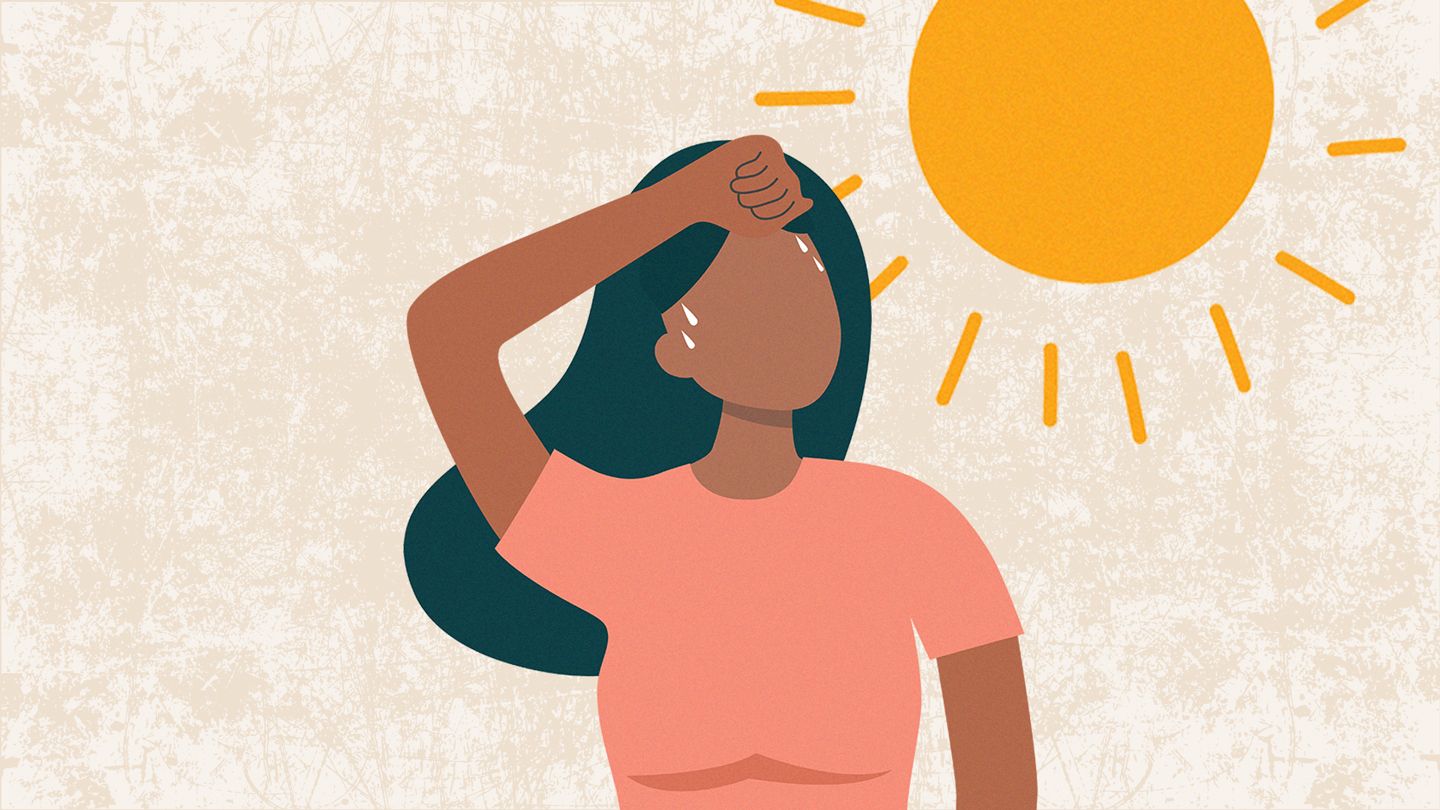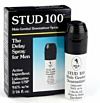As summer arrives with its scorching temperatures, it's crucial to prioritize our well-being and be aware of the risks associated with dehydration. Dehydration occurs when our bodies lose more fluid than we consume, and it can have serious consequences for our health. In this blog post, we will delve into the causes, symptoms, and prevention of dehydration during the summer months, empowering you to stay hydrated and enjoy the season to its fullest.
Body:
-
Understanding Dehydration: Dehydration is a condition that arises when our bodies lack an adequate amount of water to function optimally. In hot weather, we perspire more to regulate body temperature, which increases the risk of dehydration. Additionally, factors such as excessive physical activity, insufficient fluid intake, alcohol consumption, and certain medical conditions can exacerbate dehydration.
-
Recognizing the Signs of Dehydration: To effectively combat dehydration, it's crucial to recognize its early signs. Common symptoms include excessive thirst, dry mouth, fatigue, dizziness, dark-colored urine, headache, and muscle cramps. It's essential to pay attention to these indicators and take prompt action to prevent further complications.
-
Staying Hydrated: a. Water Consumption: The simplest and most effective way to combat dehydration is to drink an adequate amount of water throughout the day. Aim for at least eight glasses (64 ounces) of water daily, and increase your intake during periods of intense physical activity or when exposed to high temperatures. b. Electrolyte Balance: Electrolytes, such as sodium, potassium, and magnesium, play a vital role in maintaining proper hydration levels. Consuming foods rich in electrolytes, such as bananas, coconut water, and sports drinks, can help replenish lost minerals. c. Fruits and Vegetables: Incorporating water-rich fruits and vegetables into your diet can provide a dual benefit of hydration and essential nutrients. Foods like watermelon, cucumbers, oranges, and strawberries are excellent choices. d. Avoiding Dehydrating Substances: Certain substances can exacerbate dehydration. Limit your consumption of caffeinated beverages, alcohol, and sugary drinks, as they can increase fluid loss. e. Hydration on the Go: When venturing outdoors, always carry a water bottle and make a habit of sipping water regularly, even if you don't feel thirsty. Investing in a reusable, insulated water bottle will help keep your water cool and refreshing. f. Dressing Appropriately: Wearing loose, breathable clothing in light colors can help prevent excessive sweating and aid in maintaining a comfortable body temperature. g. Time Management: Plan outdoor activities during the cooler parts of the day, typically early morning or late evening, to reduce exposure to extreme heat.
Conclusion: Dehydration is a serious concern, particularly during the summer months when the risk is heightened. By understanding the causes, recognizing the signs, and taking proactive steps to stay hydrated, you can protect your health and well-being. Make hydration a priority by incorporating these tips into your routine, and remember that prevention is always better than cure. Stay cool, drink plenty of water, and enjoy a safe and hydrated summer!
In a world that seems to be constantly on the move, finding time to unwind and relax can be a challenge. However, it's important to prioritize self-care and make time for activities that promote relaxation and stress relief. Whether it's reading a book, taking a walk in nature, or practicing meditation, finding what works for you is key to achieving a sense of calm and balance.














